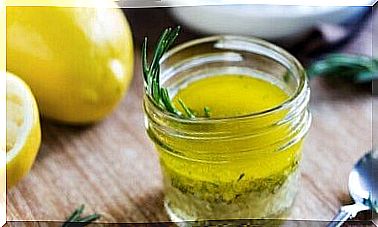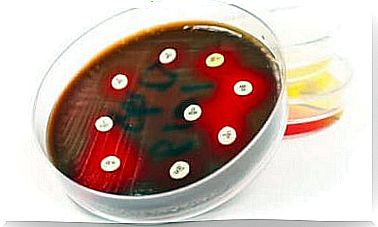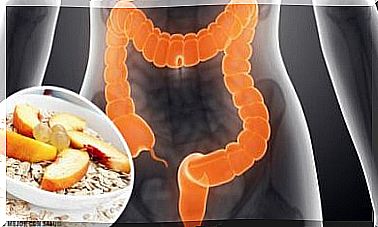What Is Appendicitis
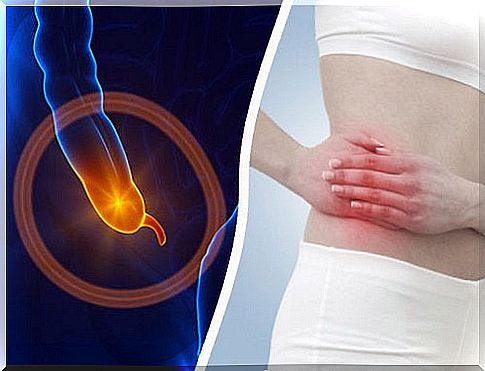
Appendicitis is very common at all ages. In most cases, surgery is necessary to remove this small segment that “protrudes” from the colon, and which is very close to the small intestine. Read on to learn more about this condition: What is appendicitis and why does it occur?
What is appendicitis and what does the appendix do?
Many people say that the appendix has no useful function and thus doctors choose to remove it if it becomes troublesome. However, this small organ has functions related to the immune system, although these functions are not considered important. The appendix forms part of the overall harmony and good function of the body, and therefore removal should not be taken lightly. The appendix is there for a reason.
But what is appendicitis? This is when the appendix becomes inflamed for unknown reasons. Some people associate this inflammation with a poor diet or with tension and stress. But nothing has been scientifically proven, especially not when it comes to young children who are affected.
This pathology is dangerous. If the appendix is not treated in time, it can rupture so that part of the intestinal contents leaks into the body. The harmful substances, toxins and bacteria then spread throughout the stomach. This condition is called peritonitis and is very serious and can lead to a dangerous infection and death.
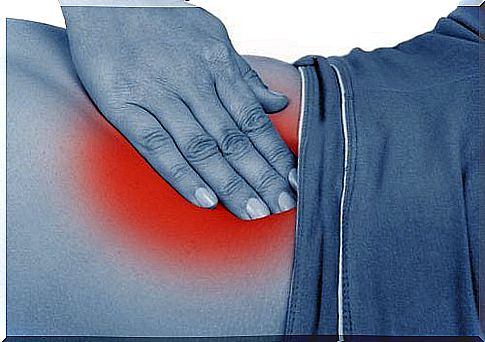
If a woman gets peritonitis, it can infect the ovaries and fallopian tubes and cause sterility.
How to detect appendicitis?
There are some symptoms that are very characteristic, while others may apply to other diseases, and therefore it is necessary to pay close attention to avoid a misdiagnosis that can make the situation worse if the appendix should rupture. Not all patients experience the same symptoms, nor do they have all the symptoms at once. Some of the most common are:
- Nausea and vomiting.
- Severe and sudden pain in the lower right part of the abdomen.
- Severe and sudden pain around the navel.
- Pain when pressure is applied to the area and which intensifies when the pressure is removed.
- Body temperature between 37 ° C and 43 ° C.
In appendicitis, the fever will increase, the pain will generalize and shock may occur.
It is not always easy to detect the symptoms of appendicitis because they are often confused with the first signs of flu or liver problems. The opposite can also happen: the diagnosis says inflammation of the appendix, an operation is performed, but it turns out not to be appendicitis.
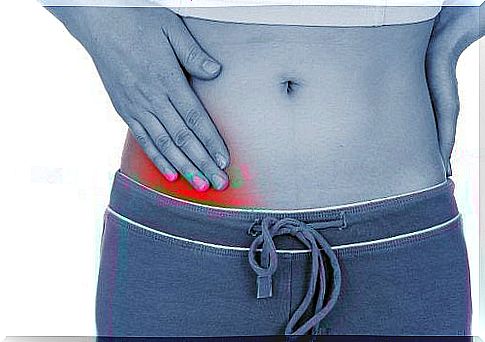
Recommendations to avoid appendicitis problems
Assuming appendicitis develops as a result of a poor diet or emotional problems, we can work to change some of our habits. This is no guarantee that the appendix will never rupture, but we at least reduce the possibility of it.
Relaxation
Emotional rest is very important and it is necessary to do it on a regular basis. Anxiety, stress and nerves have negative consequences for our health. Try to avoid stress, anger, fear, dissatisfaction or worries about the future. Give yourself time to do the things you enjoy and “fill your soul” by reading a book, taking a nap, playing with the kids or going for a walk in the park.
Diet

Having a balanced diet is important to feel good and ensure that the gut also has good health. It will help you avoid appendicitis. Try to eat more and smaller meals during the day, instead of eating a lot only twice a day.
Avoid animal fats, processed meats, dairy products, sugar and refined flours. All this leads to an accumulation of toxins that can cause intestinal problems. Choose whole grain products, fruits and vegetables, beans and legumes and dried fruits and nuts.
Training
Physical activity two or three times a week to release tension and to enjoy life a little is a good break from all obligations and problems. You can also maintain a healthy weight and break the routine of sitting in front of the computer all day. Walk, cycle, run, swim, dance, jump… Do what you like best, but keep your body moving.
After the operation, what then?
If you have had surgery for appendicitis or peritonitis, you should know the importance of following a special diet and taking good care of yourself in the time afterwards. The hospital stay is between 2 and 6 days for appendicitis. However, if the situation was a little more serious, the hospital stay may be a couple of weeks, but this depends on each individual case.
It is important that you eat healthy and quality food after the operation. In this way , the intestine will always be clean and not accumulate toxins. During the first three months after surgery you should not eat:
Sugar or white flour
Process-processed foods are bad for your health in general, and it is especially bad if you need to undergo surgery. This food generates many toxins that accumulate in the colon and promotes the formation of bacteria.
Garbage food
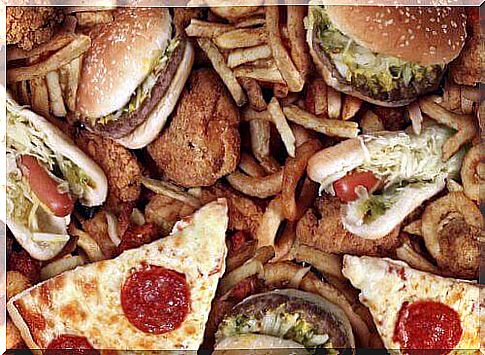
In this group we can include all fried and processed foods, including sausages. These fatty acids are “glued” to the intestinal walls and also enter the bloodstream.
Foods of animal origin
It will be good for a few months after the operation to follow a vegetarian or vegan diet and eliminate all dairy products, eggs and red meat. All these foods contain not only hormones and other dangerous products, but also, for example, in the case of milk will also cause a coating on the intestinal walls.
Other foods that you should avoid
- Alcoholic beverages
- Coffee
- Tea
- Chocolate
- Spicy food
- Strong spice
Remember that you will be very sensitive and all this will be very heavy and bad for your body. Do not do intense physical work, rest as much as possible, take short and slow walks and avoid stress – all this is to get you back after the operation.

